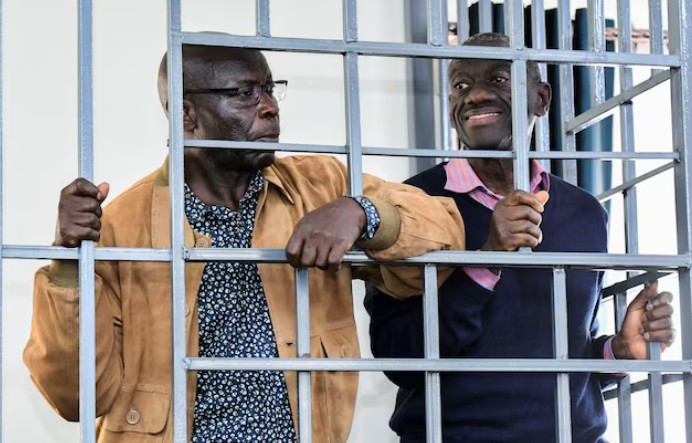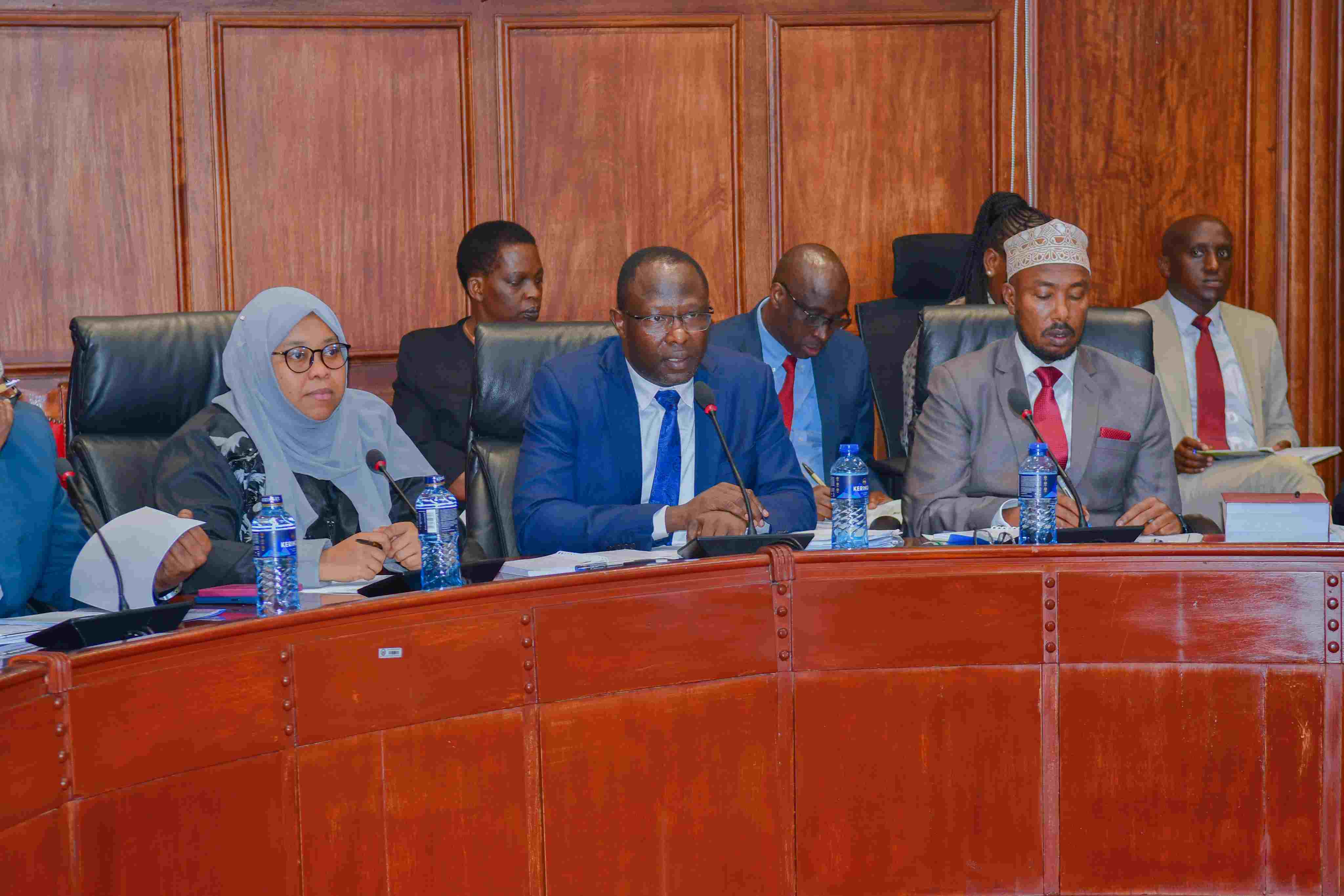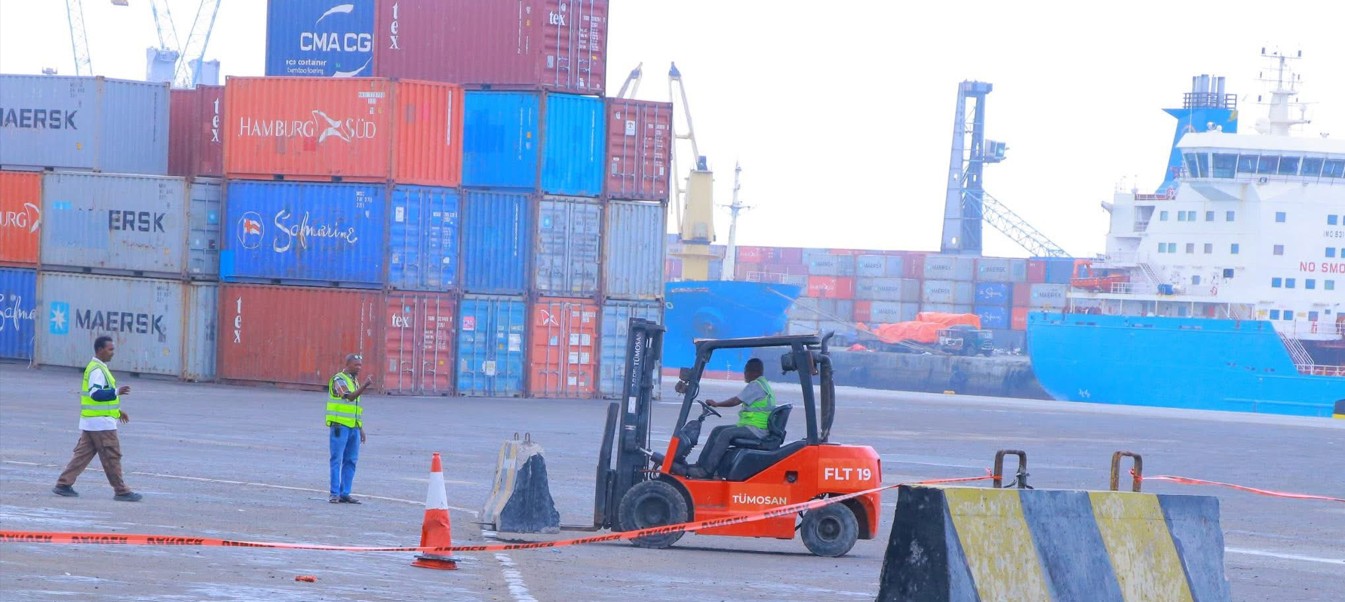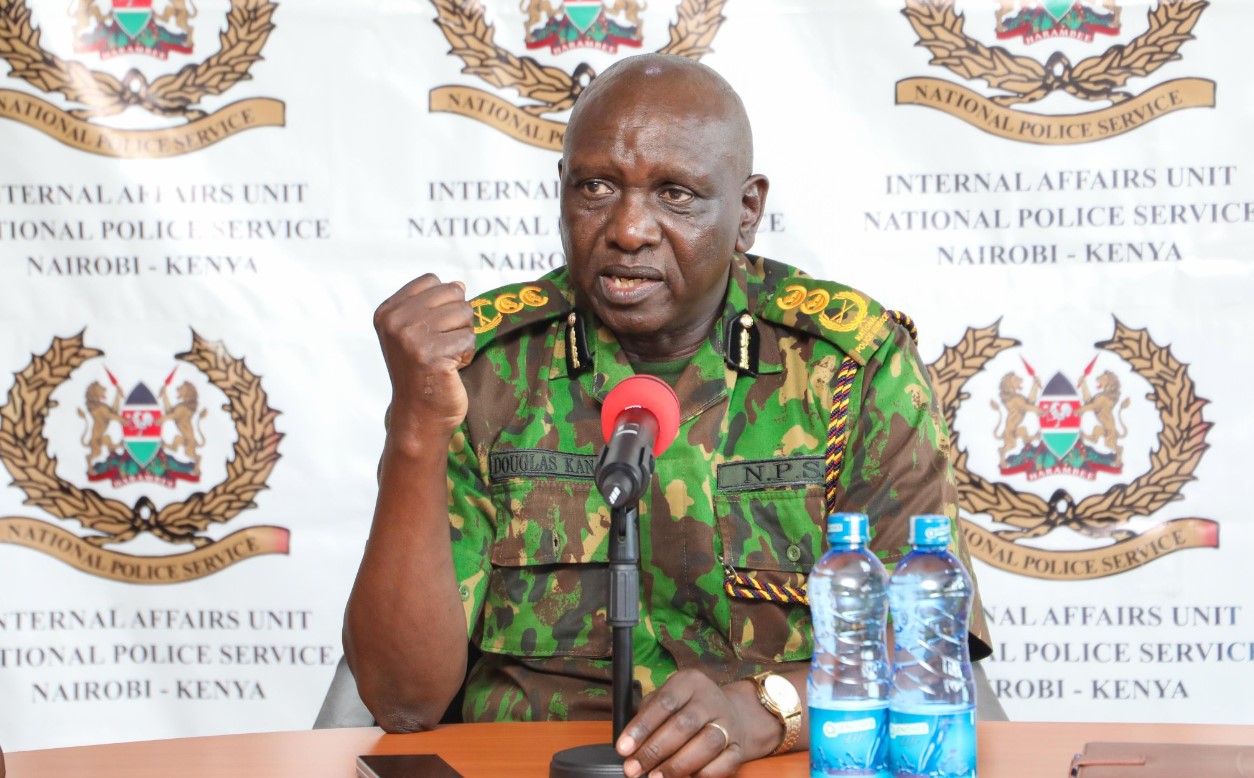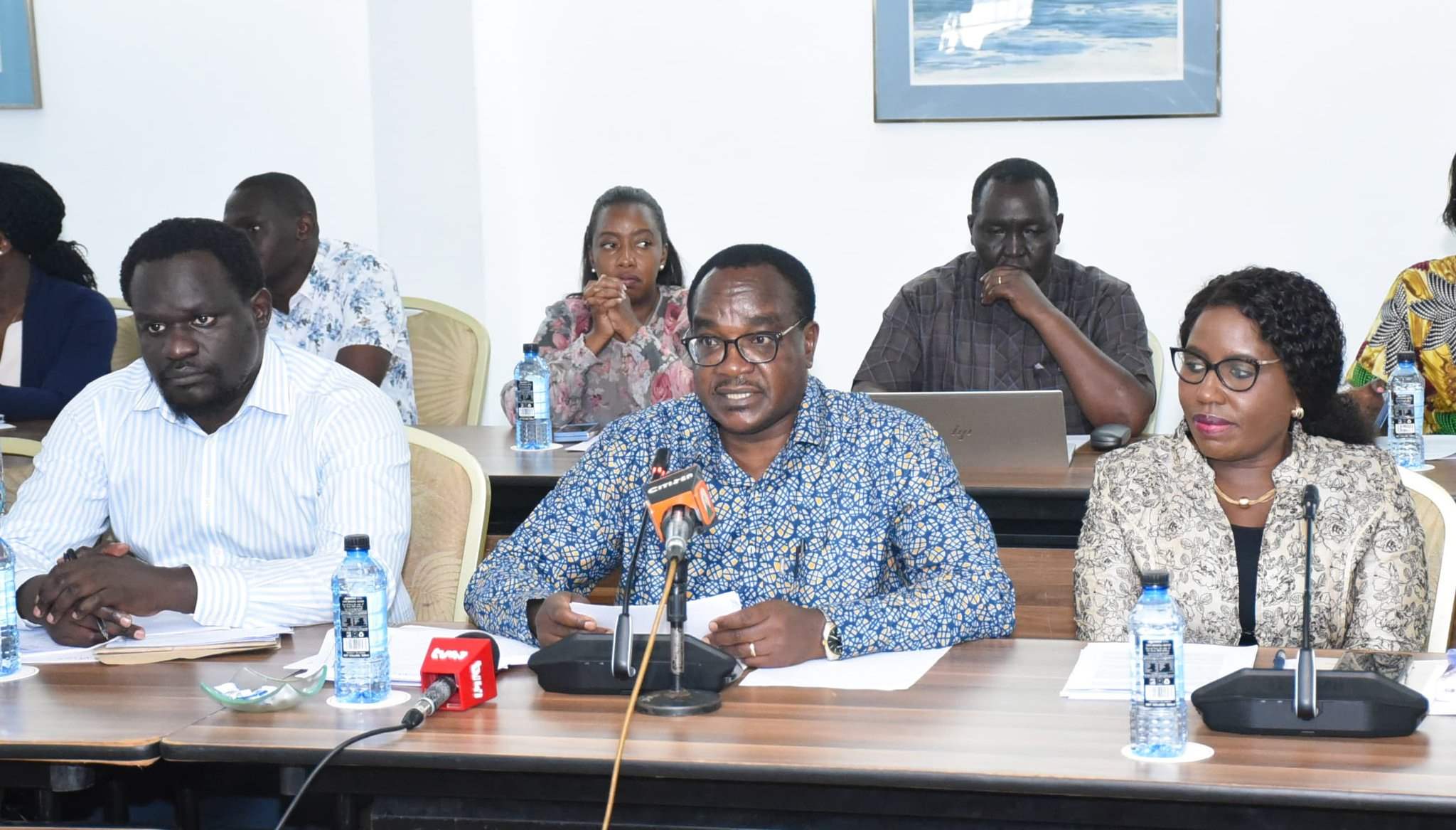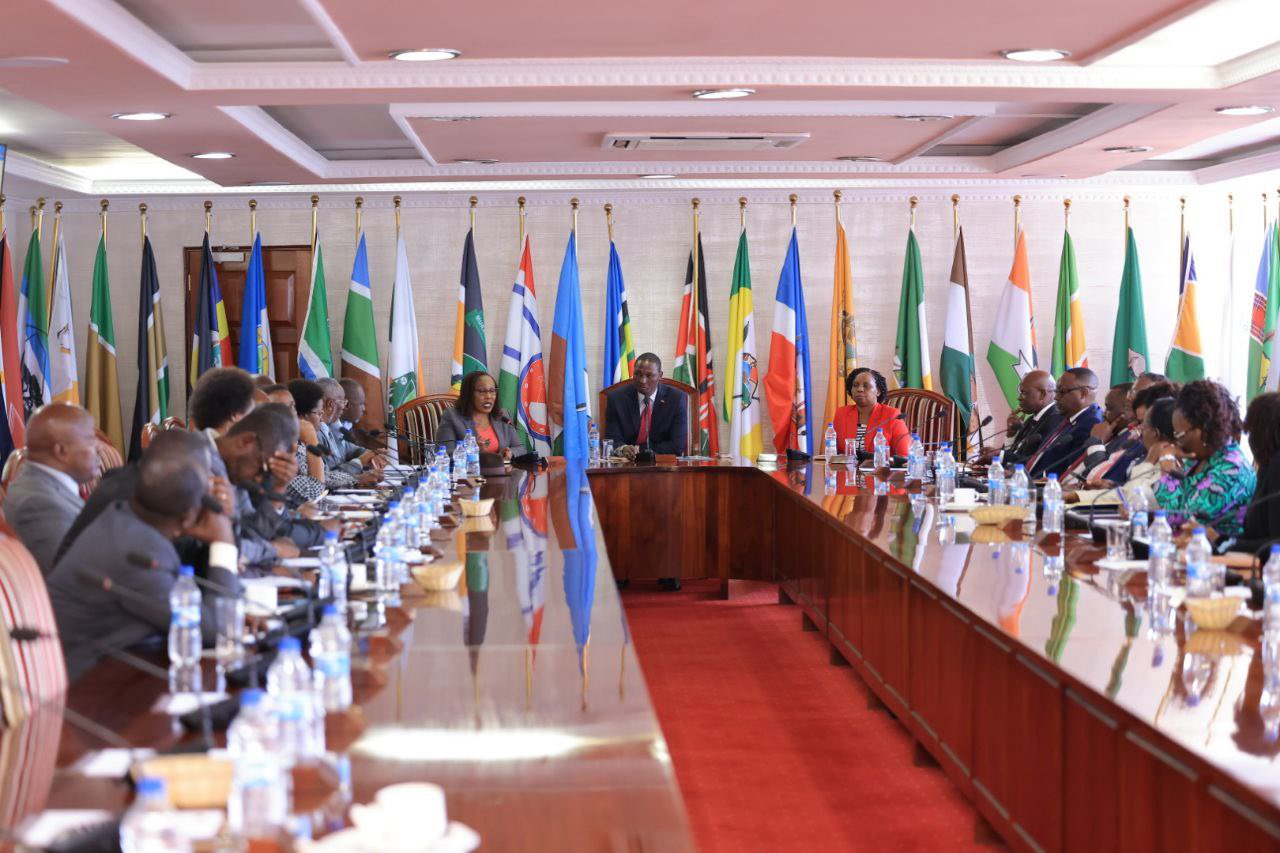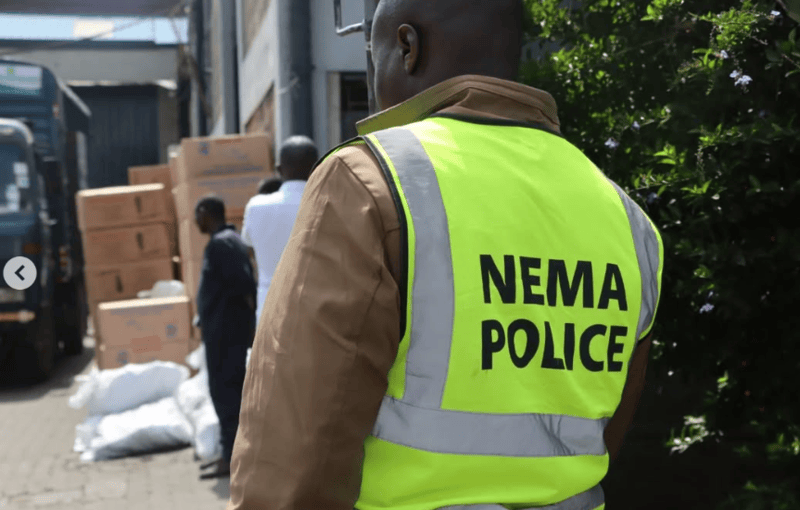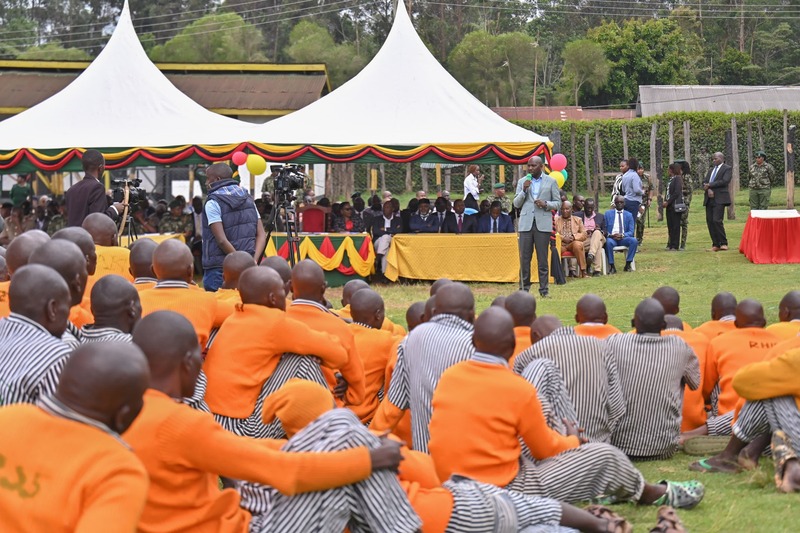All 14 devolved functions, assets fully transferred to counties, Ruto says
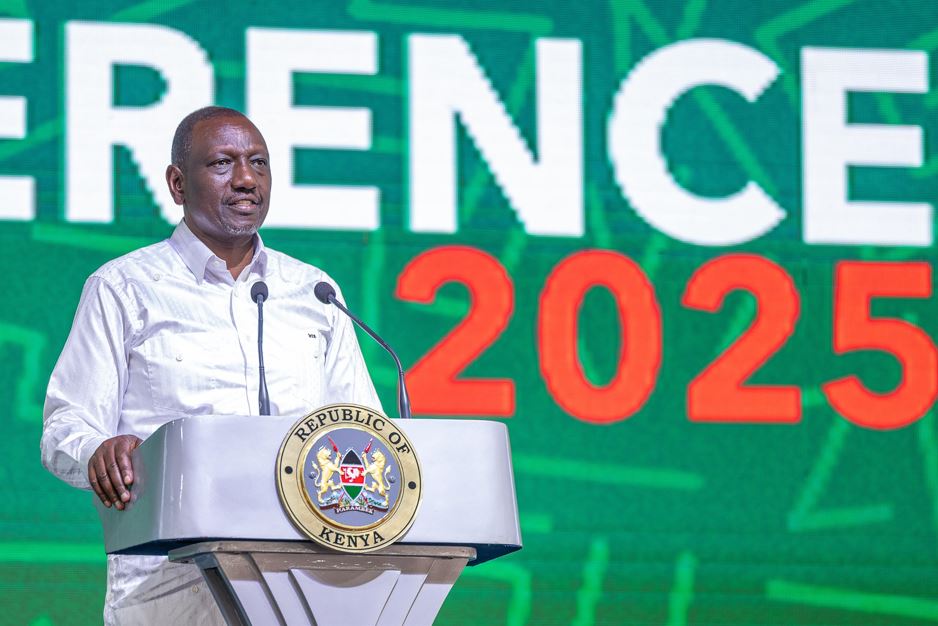
Ruto said the milestone will enable counties to design and deliver services in key areas such as healthcare, agriculture, water, infrastructure, and early childhood education without ambiguity.
All 14 devolved functions have been fully transferred to counties following their conclusive delineation, unbundling, and gazettement, President William Ruto has announced, marking the end of long-standing disputes over roles between the two levels of government.
Speaking on Wednesday during the Biennial Devolution Conference in Homa Bay, Ruto said the milestone will enable counties to design and deliver services in key areas such as healthcare, agriculture, water, infrastructure, and early childhood education without ambiguity.
More To Read
- Senate moves to define deputy governors’ roles to end county power struggles
- Financial crisis looms for 26 counties as Controller of Budget rejects budgets citing irregularities
- Senators defend constitutional right to summon governors, hit back at Raila
- Kenya launches first pre-primary school feeding policy for counties
- KNUT rejects Raila's proposal to devolve education
- Treasury CS warns counties on growing Sh103 billion pension debt, calls for reforms
“This achievement marks a decisive turning point in our journey to align functions with funding,” he said.
The President said the move follows his directive during the National and County Government Coordinating Summit in December 2024 for the Intergovernmental Relations Technical Committee to complete the unbundling process and initiate the transfer of budgetary allocations and resources tied to the functions without delay.
He also announced the gazettment of immovable assets, including land and buildings, for transfer to counties through Gazette Notice No. 11164 of August 12, 2025, ending a process that has stalled for 12 years.
In a further boost to devolution, Ruto on Wednesday signed into law the County Public Finance Laws (Amendment) Bill, 2023, and the County Allocation of Revenue Bill, 2025. The Head of State said the laws cement the principle of horizontal revenue sharing among counties and clearly define the responsibilities of county and national governments.
“It is not just a legal act; it is a statement of intent that counties must have the means, the mandate, and the clarity to serve our people effectively,” he said.
Under the Division of Revenue Act, 2025, counties will receive Sh415 billion, nearly Sh30 billion more than last year’s Sh387.425 billion, distributed in line with the Fourth Determination of the Basis for Division of Revenue, approved by Parliament this year.
He said all balances owed to counties for the past financial year have been cleared to ensure they have the fiscal capacity and resources to implement their expanded mandates.
According to the President, counties have received Sh4 trillion since devolution began in 2013, resulting in new tarmac roads, rural hospital maternity wings, and agricultural programmes that have changed livelihoods. He urged counties to focus on high-impact value chains under the Bottom-Up Economic Transformation Agenda, citing examples such as fish processing in Homa Bay, leather in Kajiado, and textiles in Kitui.
Ruto also noted that the government is developing investment prospectuses for sectors including leather, business process outsourcing, e-mobility and textiles to attract investors.
He further highlighted the role of technology in improving efficiency, pointing to the e-Citizen platform’s growth from a few services in 2013 to over 22,000 services today, with more than 14 million registered users and daily collections exceeding Sh1 billion.
He said counties integrated with e-Citizen have seen revenue growth, including Mombasa’s rise from Sh1.6 billion to Sh2.57 billion, Kiambu’s from Sh2 billion to Sh3.04 billion, and Kajiado’s from Sh1.4 billion to Sh2.07 billion.
“Most importantly, e-Citizen has been a powerful weapon against corruption,” he said, urging all counties to adopt it fully.
Ruto called for prudent use of resources, warning against waste and corruption.
“Our greatest challenge is not the inadequacy of resources, but how we utilise what we have. Are we directing them to the right purposes? Are we deploying them efficiently? How much is lost to waste and corruption?” he posed.
He urged leaders and citizens to renew their commitment to devolution by ensuring every shilling has an impact and services are brought closer to the people.
“For the people, for prosperity’ is not just a slogan; it is a call to action; to fairness, opportunity, and progress in every corner of Kenya,” Ruto said.
Top Stories Today
